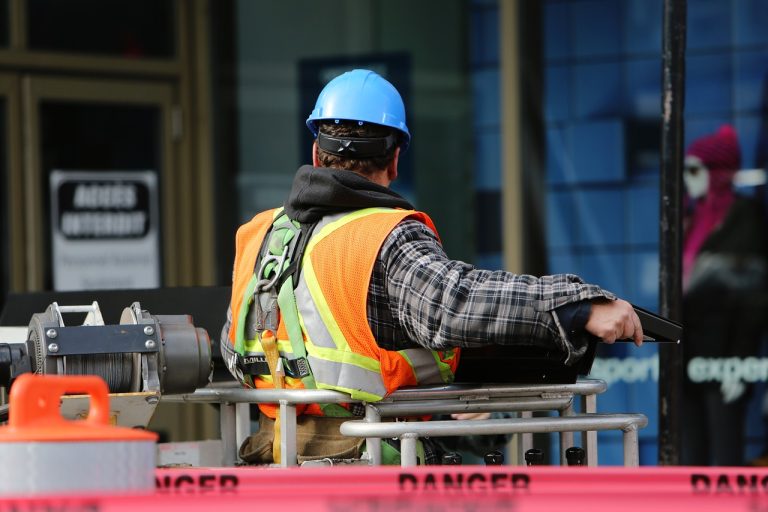Pourer and Casters Job Description
The Pourer and Caster operates’ hand-controlled mechanisms to pour and regulate the flow of molten metal into molds to produce castings or ingots.
Duties:
- The Pourer and Caster collect samples, or signal workers to sample metal for analysis.
- The Pourer and Caster pour and regulate the flow of molten metal into molds and forms to produce ingots or other castings, using ladles or hand-controlled mechanisms.
- The Pourer and Caster reads temperature gauges and observes color changes; then adjust furnace flames, torches, or electrical heating units as necessary to melt metal to specifications.
- The Pourer and Caster examine molds to ensure they are clean, smooth, and properly coated.
- The Pourer and Caster position equipment such as ladles, grinding wheels, pouring nozzles, or crucibles, or signal other workers to position equipment.
- The Pourer and Caster skims slag or removes excess metal from ingots or equipment, using hand tools, strainers, rakes, or burners; collect scrap for recycling.
- The Pourer and Caster turns valves to circulate water through cores, or spray water on filled molds to cool and solidify metal.
- The Pourer and Caster add metal to molds to compensate for shrinkage.
- The Pourer and Caster pull levers to lift ladle stoppers and to allow molten steel to flow into ingot molds to specified heights.
- The Pourer and Caster loads specified amounts of metal and flux into furnaces or clay crucibles.
Skill:
The Pourer and Caster needs knowledge of raw materials, production processes, quality control, costs, and other techniques for maximizing the effective manufacture and distribution of goods. They need the skill to properly watch gauges, dials, or other indicators to make sure a machine is working properly. The Pourer and Caster need the skill to teach others how to do the job function properly. The Pourer and Caster needs the skill to give full attention to what other people are saying, taking time to understand the points being made, asking questions as appropriate, and not interrupting at inappropriate times. The Pourer and Caster needs the skill to consider the relative costs and benefits of potential actions to choose the most appropriate one.
Skill’s continued:
The Pourer and Caster need the skill to adjust actions in relation to others’ actions in order to get the project done correctly and in a timely manner. The Pourer and Caster need the skill to control operations of equipment or systems. The Pourer and Caster needs the skill to repair machines or systems using the needed tools in order to perform the job function required. The Pourer and Caster need the skill to perform routine maintenance on equipment and determine when and what kind of maintenance is needed. The Pourer and Caster need the skill to understand written sentences and paragraphs in work related documents.
Abilities:
The Pourer and Caster need the ability to keep the hand and arm steady while moving the arm or while holding the arm and hand in one position. The Pourer and Caster must have the ability to quickly and repeatedly adjust the controls of a machine or a vehicle to exact positions. The Pourer and Caster need the ability to see details at a very close range. They need the ability to listen to and understand information and ideas presented through spoken words and sentences. The Pourer and Caster needs the ability to make precisely coordinated movements of the fingers of one or both hands to grasp, manipulate, or assemble very small objects. The Pourer and Caster need the ability to apply general rules to specific problems to produce answers that make sense.
Work Activities:
The Pourer and Caster must perform certain job functions in order to complete their work function. They must use hands and arms in handling, installing, positioning, and moving materials, and manipulating things. The Pourer and Caster must provide information to supervisors, co-workers, and subordinates by telephone, in written form, e-mail, or in person. The Pourer and Caster observe, receive, and otherwise obtain information from all relevant sources. The Pourer and Caster must be able to identify information by categorizing, estimating, recognizing differences or similarities, and detecting changes in circumstances or events. They are also expected to have the ability to inspect equipment, structures, or materials to identify the cause of errors or other problems or defects.




